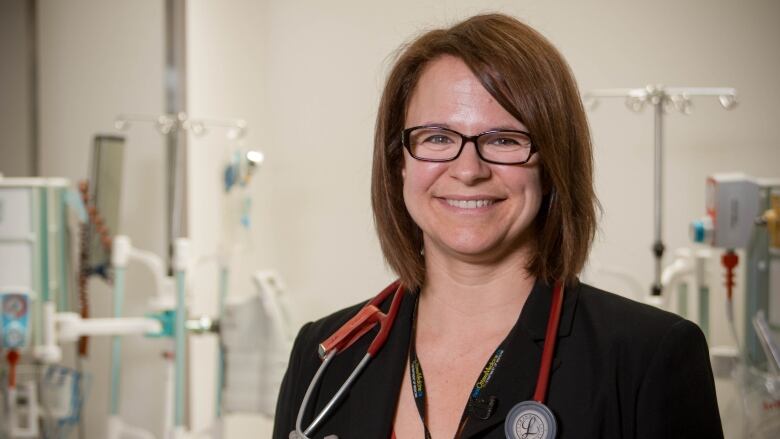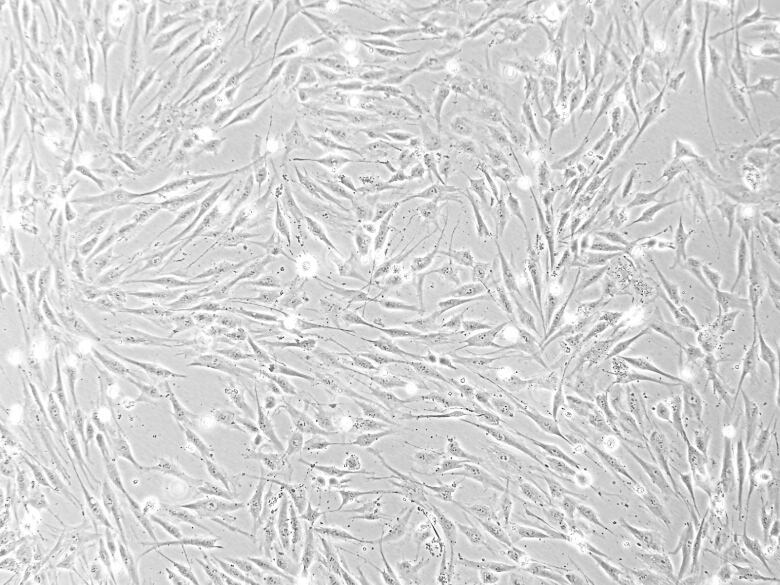Ottawa researchers use stem cells to treat septic shock
More than 100,000 cases of septic shock in Canada each year

In helping an eastern Ontario man recover from a near-fatal infection, researchers at The Ottawa Hospital say they have conducted the world's first clinical trial using stem cells to treat septic shock.
Charles Berniqu from Hawkesbury developed an infection last Juneafter his esophagus burst, possibly due to a severe case of food poisoning, according to a news release from the hospital.

Surgeons at The Ottawa Hospital placed him in an induced coma in intensive care, and consulted with his wife Maureenabout taking part in a clinical trial using stem cells to treat septic shock.
She agreed, and within a day, Berniqu received an intravenous dose ofmesenchymalstem cells grown in a hospital facility and originally extracted from the bone marrow of an Ottawa volunteer. He eventually recovered, and returned home after three months' recovery.
First ever clinical trial of stem cells for septic shock
The Ottawa Hospital's trial is called "Cellular Immunotherapy for Septic Shock," and is the result of research led by Dr. Duncan Stewart and Dr. Lauralyn McIntyre.
While mesenchymal stem cells have been used in clinical trials for other conditions, this is the first trial in the world to see how the cells specifically treat septic shock, according to the hospital's news release.
More than 100,000 Canadians suffer from septic shock every year, and between 20 and 40 per cent of patients do not survive.
Researchers say that while it's too early to know the role the stem cells played in Berniqu's recovery, they were encouraged by how his body tolerated them, and they plan to continue the therapy in more patients.












_(720p).jpg)


 OFFICIAL HD MUSIC VIDEO.jpg)
.jpg)



























































































